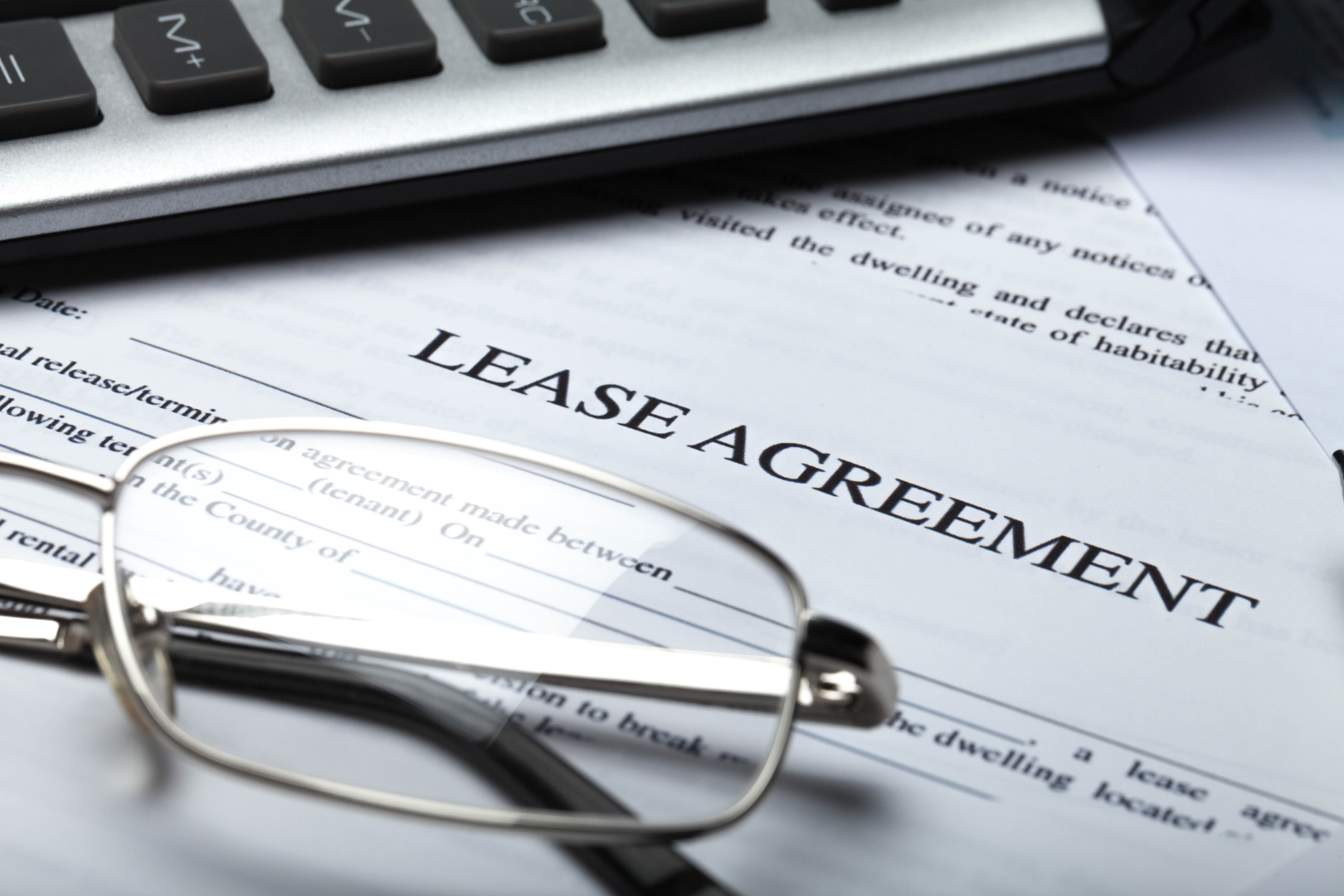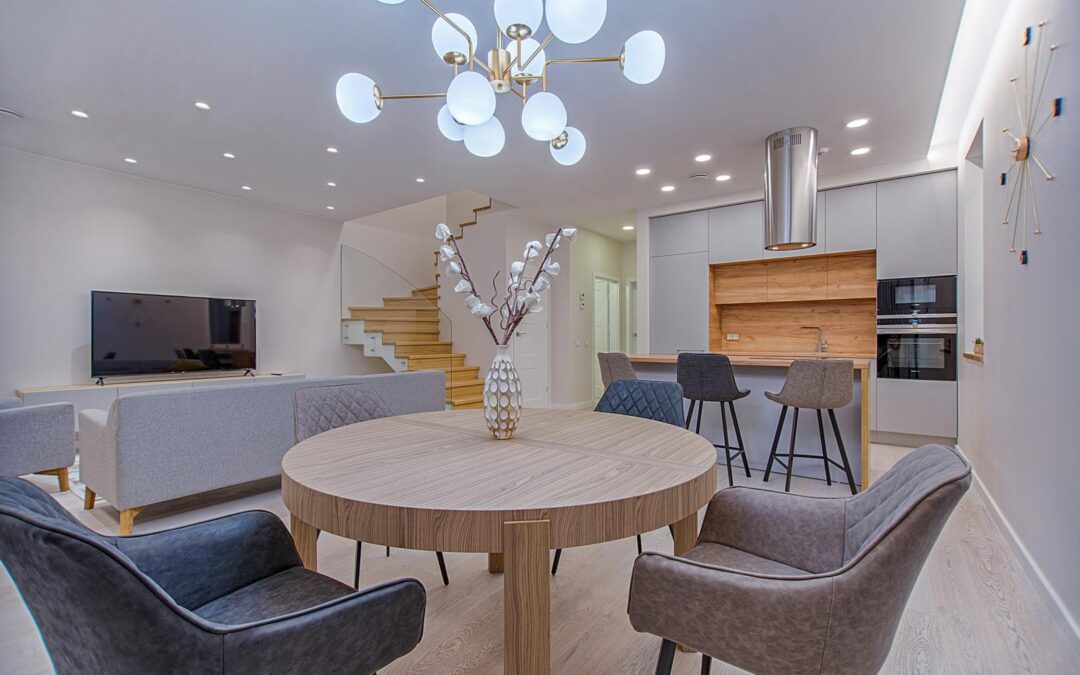In the UK, there are two types of property ownership: leasehold and freehold. It’s important to understand the difference between the two to decide on the better option for you. In the case of a freehold property, you own the building and the land on which it is built. On the other hand, in the case of a leasehold property, you get the rights to use and enjoy the property for a specific period, while the landlord or freeholder retains the true ownership rights. You can become the temporary owner and occupy the property for a set period, which is typically 99 or 125 years.
To cover all things leasehold, the team at Lease Extensions Organisation explores what you need to know about this type of property ownership below.
If you’re taking a property on lease, you’ll be called the lessee or leaseholder, while the owner will be called the lessor or freeholder. The legal agreement is known as the lease. Once the lease period comes to an end, the ownership rights will transfer back to the lessor. There is scope for extension of the lease, and leasehold properties can be sold and bought freely on the property market.
As of 2021-2022, the leasehold dwellings in England were estimated to be around 4.98 million, which is around 20 percent of the English housing stock. About 70 percent of the leasehold dwellings were flats while the remaining were houses.
Benefits for first-time buyers
If you’re a first-time buyer, the following benefits could make leasehold properties worth considering:
Affordability: The cost of leasehold properties is often less than freehold properties, and they can sometimes be located in more desirable areas. For lower budgets and first-time homebuyers, leasehold properties can constitute the more affordable option. Lower property costs also mean lower associated costs, such as SDLT (Stamp Duty Land Tax), land registry fees, and property deposits. As a first-time buyer, if you opt for a leasehold property, you may be in the position to even avoid SDLT altogether.
Lower maintenance costs and responsibilities: The maintenance of communal areas (such as corridors, stairways, and gardens) remains the responsibility of the freeholder. As a leaseholder, you’ll pay an annual service charge that will go into a ‘sinking’ or ‘reserve’ fund that will cover larger capital projects and significant expenses. All other leaseholders will also contribute towards these general maintenance costs. The service charge will also cover the shared electricity and water usage. You’ll have fewer overhead costs and maintenance burdens to worry about.
Enhanced overall experience: With your leasehold agreement, you might get access to communal spaces, amenities, and services, which can enhance your living experience. Moreover, since residents usually share common areas and facilities, there’s a greater sense of community, which adds to the overall experience.
Easier entry into the property market: If you’re entering the property market for the first time, you can consider leasehold properties as a stepping stone. You can eventually move onto freehold properties when you’re more comfortable.
Key Considerations
The benefits may have convinced you that a leasehold property is the way to go for now, but make sure you pause to consider the following factors and make an informed decision:
Lease length
Lease length is usually long, and it could even be 999 years. However, the important thing to keep in mind is that this figure actually starts from the first time the lease was sold. It’s especially crucial to check how much time is left if you’re about to purchase the property from another leaseholder. Ideally, look for a property that has at least 80 years remaining. If the time left on the lease is less, you could have issues such as:
- Trouble securing approval from a lender for a mortgage
- Significant loss of value of the property
- The property may even become unsellable
- Lease extensions may become more expensive
Subject to some eligibility criteria, you can add around 90 years to your lease (for a flat) at a fair market price. You do not have to wait for the lease period to end to ask for an extension; you can do so at any time. You can find out how much this is expected to cost by using a lease extension calculator.
Service charge
Identifying and reviewing service charge components is important. Although the freeholder arranges for maintenance and insurance, you’ll probably contribute towards these with the service charge. You could have a difference of opinion with the freeholder regarding the required maintenance and the cost of insurance. The amount that you are required to pay will depend on the terms of your lease, and you should scrutinise the terms thoroughly before signing on the dotted line.
Restrictions
The terms of your lease could place some unpleasant restrictions on you. Some restrictions may not affect the present but could possibly have an effect in the future. There may be restrictions on keeping pets on the leasehold property or around subletting. If you wish to do things differently, there may be additional charges. Some restrictions are reasonable, but others could be excessive. Check the lease terms for any current or future restrictions.
Legal guidance
The nuances of the leasehold law can trip even the most experienced property dealers at times. First-time buyers need to consult with specialist leasehold solicitors for a clear understanding of terms and to avoid costly mistakes. The specialists stay up-to-date with the latest developments in leasehold-related laws and are therefore in a good position to guide you.
In summary, if you intend to jump on the leaseholder bandwagon anytime soon, do check the lease length, service charges, and your leaseholder responsibilities thoroughly. Dabbling in leasehold properties has become easier than ever. The Leasehold Reform (Ground Rent) Act 2022 put an end to ground rents for new regulated leases. More reforms are on the horizon and in particular, first-time buyers can get a feel for property ownership with leasehold properties.
Content provided by OnTheMarket.com is for information purposes only. Independent and professional advice should be taken before buying, selling, letting or renting property, or buying financial products.






